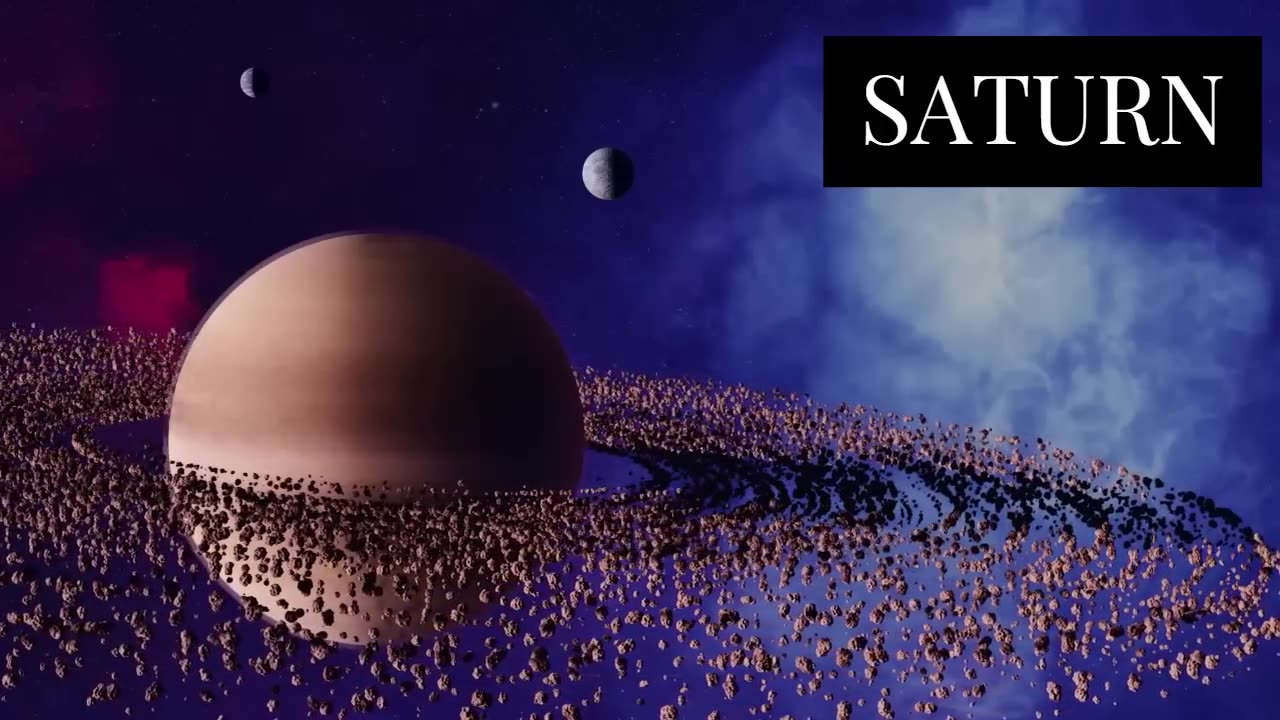Premium Only Content

Sound of all Planets In Our Solar System
In reality, planets do not emit sounds that can be heard by the human ear in the vacuum of space. Sound, as we perceive it on Earth, is a vibration of air or other matter, and it requires a medium (like air or water) to travel through. Space is a vacuum, which means it lacks the necessary medium for sound to propagate. Therefore, there is no sound in space, including from other planets.
However, some spacecraft have instruments that can detect electromagnetic waves or vibrations and convert them into audible sounds for scientific purposes. These sounds are often used to study phenomena such as the electromagnetic emissions from planets, moons, and other celestial bodies. These converted sounds are not the actual sounds of the planets but are representations of the data collected by scientific instruments.
For example, NASA's Voyager and Cassini spacecraft have recorded electromagnetic emissions from various celestial bodies in our solar system. When these emissions are translated into audio, they create eerie and fascinating "sounds." These sounds are often referred to as "space sounds" or "sonifications."
Here are a few examples of space sounds:
Jupiter's Radio Emissions: Jupiter emits strong radio waves that can be converted into audio, creating a sound sometimes described as similar to ocean waves crashing on a shore.
Solar Wind Interaction with Planets: The interaction of the solar wind with the magnetic fields of planets like Earth and Saturn can create unique sounds when converted into audio.
Auroras: The auroras on planets like Earth and Saturn can produce radio emissions that, when translated into sound, can be quite eerie and otherworldly.
These "space sounds" are valuable tools for scientists to study and understand various phenomena in our solar system, but they are not sounds that can be heard naturally on Earth without the aid of specialized instruments.
-
 45:56
45:56
Glenn Greenwald
11 hours agoLee Fang Reacts to Trump's Speech to Congress; Will DOGE Tackle Military Waste? | SYSTEM UPDATE #418
111K97 -
 43:23
43:23
Donald Trump Jr.
11 hours agoNo Clap: Dems are a Disgrace but My Father is Bringing Back Common Sense | Triggered Ep.222
156K128 -
 18:29
18:29
The Rad Factory
1 day ago $3.24 earnedBuilding Shred Eighty a Custom Honda Snow Kart
52.7K7 -
 UPCOMING
UPCOMING
Precision Rifle Network
1 day agoS4E7 Guns & Grub - What makes group size increase?
36K2 -
 46:29
46:29
SGT Report
1 day agoAMERICA IS BACK! BYE BYE IRS!! -- Sam Anthony
74.2K97 -
 8:56:13
8:56:13
Dr Disrespect
17 hours ago🔴LIVE - DR DISRESPECT - WARZONE - 150 PLAYER LOBBIES
189K20 -
 1:27:35
1:27:35
Redacted News
12 hours ago"This is NOT normal" Trump just destroyed the woke mob as Dems in disarray | Redacted News Live
174K301 -
 1:39:52
1:39:52
Vigilant News Network
13 hours agoUNHINGED: Dems Say That Elon Needs to ‘Go Back to AFRICA?’ | The Daily Dose
109K25 -
 1:13:13
1:13:13
Sean Unpaved
13 hours ago $7.35 earnedQB Carousel with Guest Coach Herm Edwards
90K3 -
 1:04:28
1:04:28
Crypto Power Hour
1 day ago $6.28 earnedThe Crypto Power Hour - ‘In Crypto We Trust’
87.5K8